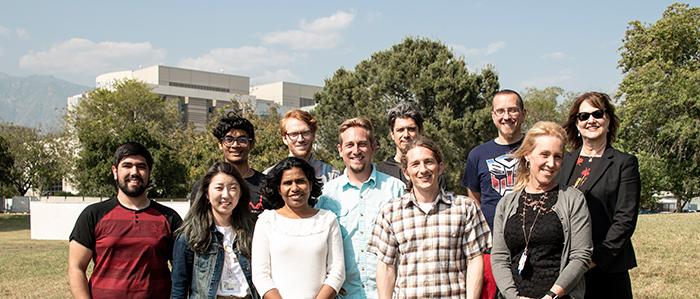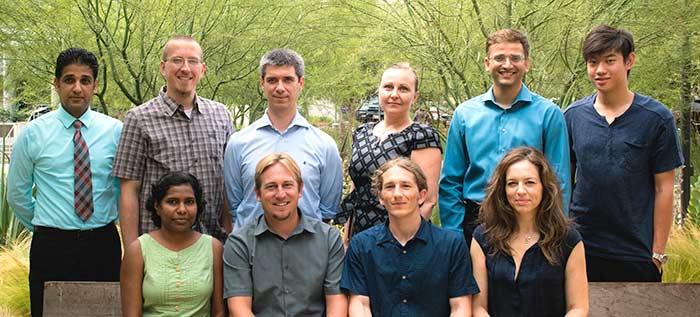Aleksandra (Ola) Karolak
Aleksandra (Ola) Karolak is an Assistant Professor in the Department of Machine Learning at Moffitt Cancer Center. Previously, she was an Assistant Research Professor in Population Sciences at City of Hope, working jointly with Dr. Jeannine McCune (Population Sciences and Hematology & HCT) and Dr. Russell Rockne (Mathematical Oncology) on improvements of outcomes of the patients with hematopoietic stem cell transplants. Dr. Karolak obtained a MSc in metal-organic chemistry of bio-inorganic polymers and transition metals complexes from the Adam Mickiewicz University in Poland. During PhD at the University of South Florida in Tampa, she studied computational and biophysical chemistry. While at USF, she applied and developed computational methods for the conformational studies of biomolecules on various levels of resolution including ab initio, atomistic and coarse- grained models of small molecules, proteins and DNA. Her first postdoctoral training in the Mathematical Oncology Department at Moffitt Cancer Center in Tampa focused on applications of theoretical and computational methods in clinically relevant settings. At Moffitt, she worked on 2D models of imaging agents penetration through the tumor tissue, and 3D models of tumor organoids growth. Her desire to more completely contribute to the field of precision medicine led her to the Institute for Research in Biomedicine in Barcelona, Spain where her postdoctoral training was jointly funded by MSCA actions and BIST. At IRB, she applied multi-omics and machine learning approaches to uncover the structural signatures of cancer mutations in individual or subgroups of patients. In her research she combines approaches from computational and biophysical chemistry, structural biology, mathematical oncology and biostatistics to elucidate the role of heterogeneity in cancer progression and response to treatment. She seeks to understand variations in disease evolution, variability in the response to treatment and development of resistance, and how this knowledge, explored on the multi-scaled resolution levels using highly interdisciplinary approach, can be utilized to improve the outcomes of individual patients.



